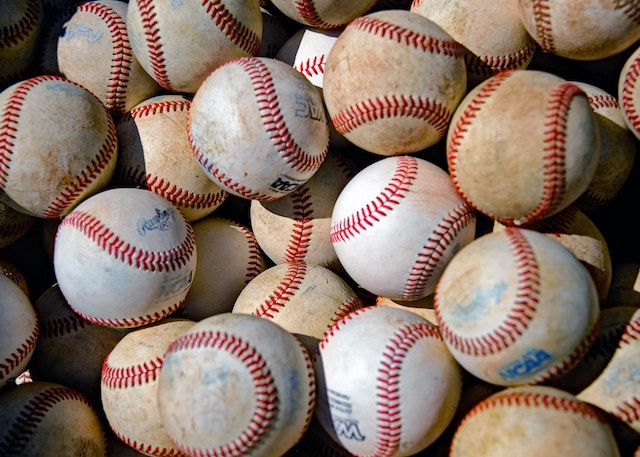
While baseball has been lapped by football as America’s most popular sport, it’s still perhaps the athletic event most intrinsically tied into the tapestry of American life. “American as baseball and apple pie” became a phrase for a reason, but the intimate relationship between baseball and Americana also provides a reflection into some of the country’s darkest moments. While the Library of Congress’ new exhibit titled “Baseball Americana“ captures the nostalgia for baseball perfectly, it fails to cast light on some of the lingering shadows.
But the exhibit does demonstrate that the sport itself could potentially be described as “British as shepherd’s pie”. The sport first appears in the public record in England in 1744, over 40 years before the newspapers would make a reference to baseball in America. But that doesn’t change the intrinsic culture ties between the sport and the United States. And for many, the progressive growth of the industry tells a positive tale of America growing out of the days of slavery and segregation. An apocryphal but popular story credits baseball’s origins to a Civil War Union general named Abner Doubleday. While it’s roundly disregarded as untrue in scholarly communities, it’s perhaps found purchase because it so implicitly ties the sport to a war fought explicitly over civil rights.
Since then, many have accepted the Doubleday story as part of the popular myth while understanding it was untrue, and that level of myth-making has been at the core of America’s great baseball fables. In a large part, that’s been bolstered by the rise of Hollywood. Whether it’s baseball as a metaphor for feminism in A League of Their Own or racial equality through the Jackie Robinson story, baseball has long been a parallel metaphor for the egalitarian values at the heart of the American experience.
The problem is that those legends often blanket a checkered past. It glosses over the steroids scandal of the 1990s and 2000s, which the exhibit fails to address, run in stark contrast to the inherent romance of self-made success that typifies baseball stories. This exhibit is right for recognizing how parallel the history of baseball runs to the history of America, but it requires a more nuanced perspective to do those legacies justice.